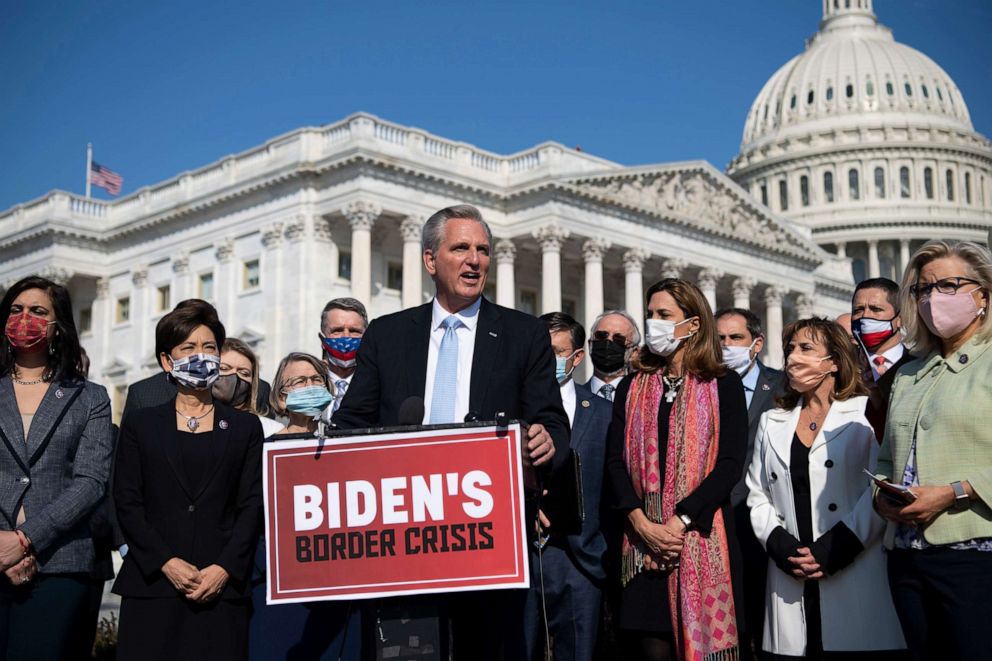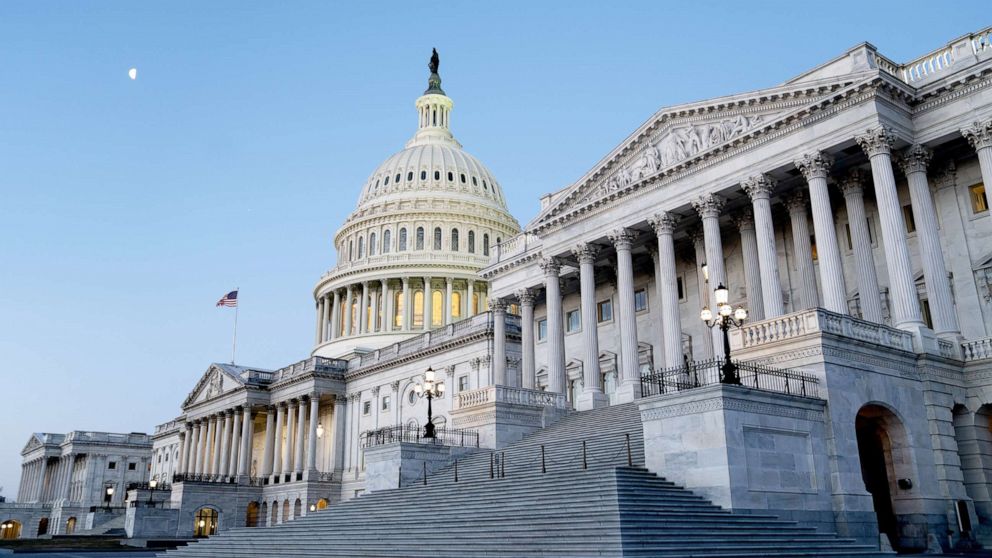House to take up immigration reform bills amid border crisis
The House will vote this week to protect undocumented immigrants brought to the United States as children and provide legal status to farm workers.
These will be the first immigration reform measures taken up by Congress this year.
The votes could serve as the first barometer of the chances for comprehensive immigration reform in this session of Congress.
A bipartisan agreement has remained elusive to lawmakers and presidents of both parties after nearly a decade of half-starts and broken-down negotiations.
Complicating the debate this week is the migrant crisis unfolding at the U.S.-Mexico border, with the Biden administration grappling with an increasing number of unaccompanied children attempting to enter the U.S. The situation has strained the federal government’s resources, forcing the administration to deploy the Federal Emergency Management Agency to the region over the weekend.
The American Dream and Promise Act, which Democrats previously passed with seven GOP votes, would provide a path to citizenship for 2.5 million people: the young undocumented migrants known as "Dreamers," and people living in the U.S. with humanitarian legal protections, or temporary protected status.

The second bill, The Farm Workforce Modernization Act, would create a system for more than 1 million undocumented farm workers to apply for legal status if they have worked at least 180 days in agriculture over two years.
The two House bills on the floor this week "are incredibly popular parts of immigration policy," Todd Schulte, the president of FWD.US, a pro-immigration reform group with ties to Silicon Valley and founded by Facebook CEO Mark Zuckerberg, told ABC News.
In the Senate, Judiciary Committee Chairman Dick Durbin, D-Ill., and Sen. Lindsey Graham, R-S.C., have introduced their latest version of the Dream Act to provide a path to citizenship for "Dreamers," though it lacks the support of 60 senators to pave the way for passage.
Some Democrats believe the party should move forward with piecemeal immigration reforms that are more likely to advance through the Senate with Republican support.
"No one is interested in an all-or-nothing approach and wants to wait around for years and years," Schulte said when asked about the White House's thinking on the path forward for immigration.
Progressives and immigration reform advocates continue to push for a broader package -- and for Democrats to consider passing elements of their proposal through the reconciliation process later this year, which requires only a majority of votes in the Senate, rather than 60, if the provisions are allowed under the Senate’s strict budget rules.




